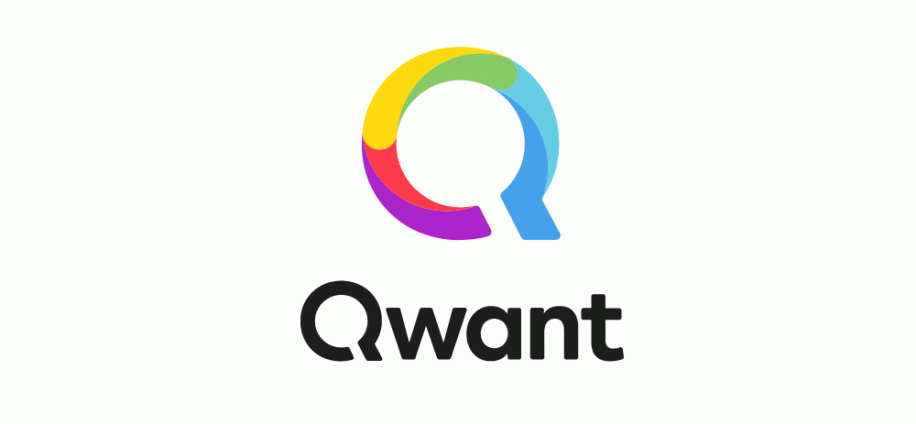


We believe that the freedom to search for information is only real if you know that you can search without being observed and judged on your research. What you read, what you seek, is none of our business.
What about Article 12 of the Universal Declaration of Human Rights?
On December 10, 1948, the United Nations General Assembly adopted the Universal Declaration of Human Rights in Paris. On that occasion, the United Nations described this “common standard to be attained by all peoples and all nations so that all individuals and all organs of society, bearing this Declaration constantly in mind, may endeavour, through teaching and education, to develop respect for these rights and freedoms”. With these few words, States agreed that the Universal Declaration was not an end but on the contrary the plan of a permanent project, the ideal to be achieved in which we must all participate. That is why Qwant, as a search engine aware of this responsibility, ensures that the rights and freedoms proclaimed by this Declaration also have a tangible reality on the Internet. It is a goal that constantly guides our choices and actions.
When, in article 12 of the Declaration, the drafters wrote that “no one shall be subjected to arbitrary interference with his privacy, family, home or correspondence”, they were probably far from imagining that half a century later it would be business that would become the main concerns in this area.
This extreme intrusion into our private lives
The democratization of Internet access among individuals began only a little over twenty years ago, that is to say barely yesterday on the scale of the history of our civilizations. 20 years later, we are already experiencing an extremely high level of intrusion into our private lives.
Let’s hardly force the line: in 2020, there is no longer a piece of music that we can listen to, not a piece of information that we can exchange, not a political speech that we can watch, not a recipe that we can read, not a message that we can write, not a place where we can not go, Not a single thing we can buy… Without a private company noticing it, notes it, archives it. The observation of our every move, and the desire to draw inferences about who we are and what motivates us, are part of a daily life that only science fiction dared to imagine. Today, the collection and cross-referencing of our personal data is a science that is no longer a fiction.
Qwant’s conviction and determination
But we at Qwant are convinced that many citizens have become aware of the risks involved in this massive profiling, and want to use digital services that respect their fundamental right to privacy much better. This is also our wish, as Internet users ourselves. That’s why we’ve chosen not to collect data that isn’t strictly necessary to deliver the search results you expect. We refuse to collect your search histories and analyze them to deduce a consumer profile in which we would lock you.
We believe that the freedom to search for information is only real if you know that you can search without being observed and judged on your research. You need to be able to use a search engine as you anonymously enter a library to read a book. What you read, what you seek, is none of our business.
This is an essential condition of democratic life, which is only possible if citizens can inform themselves freely, and therefore if their right to privacy is respected. Qwant will always ensure this, with conviction and determination: Article 12? Yes, always!